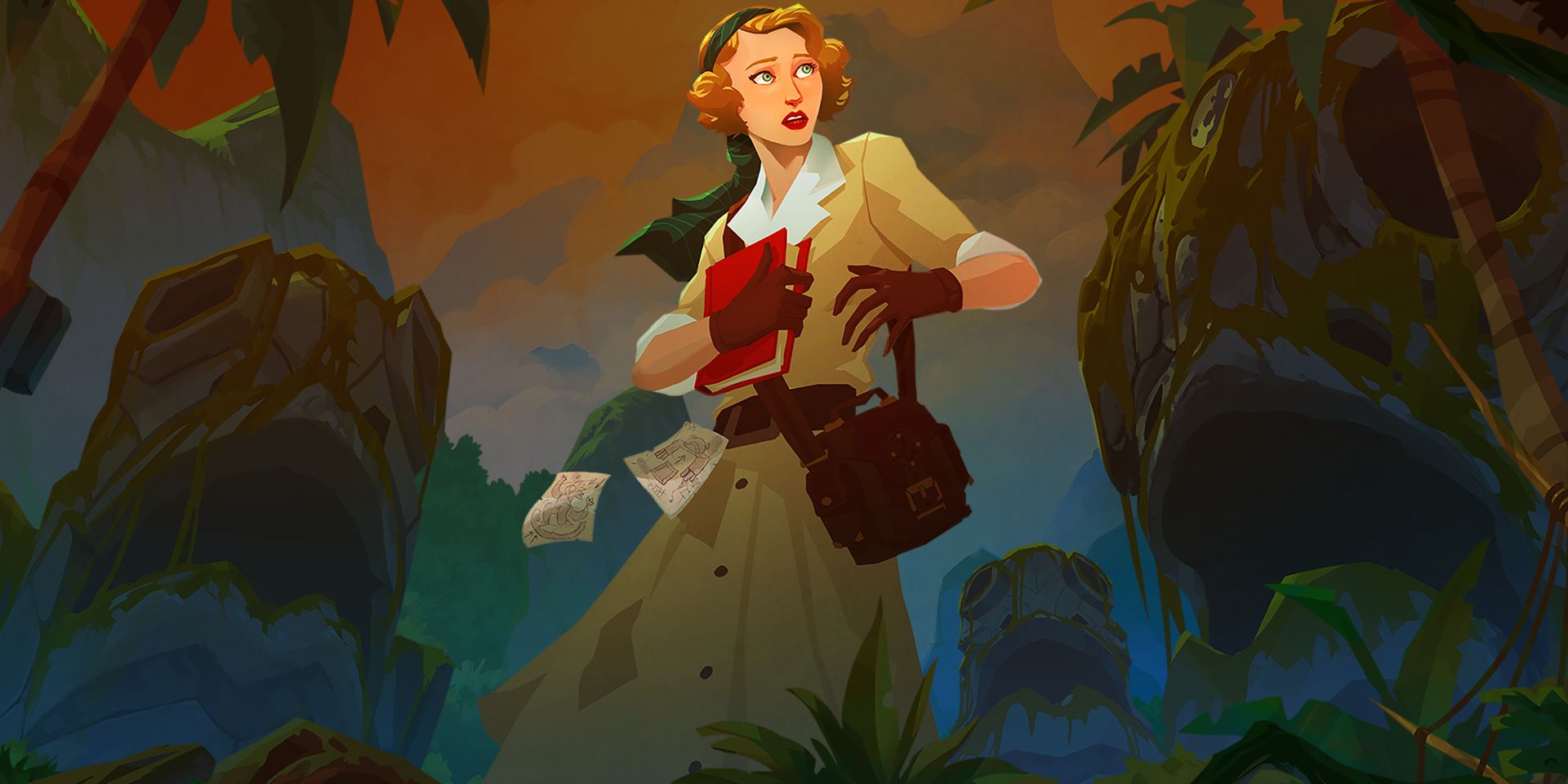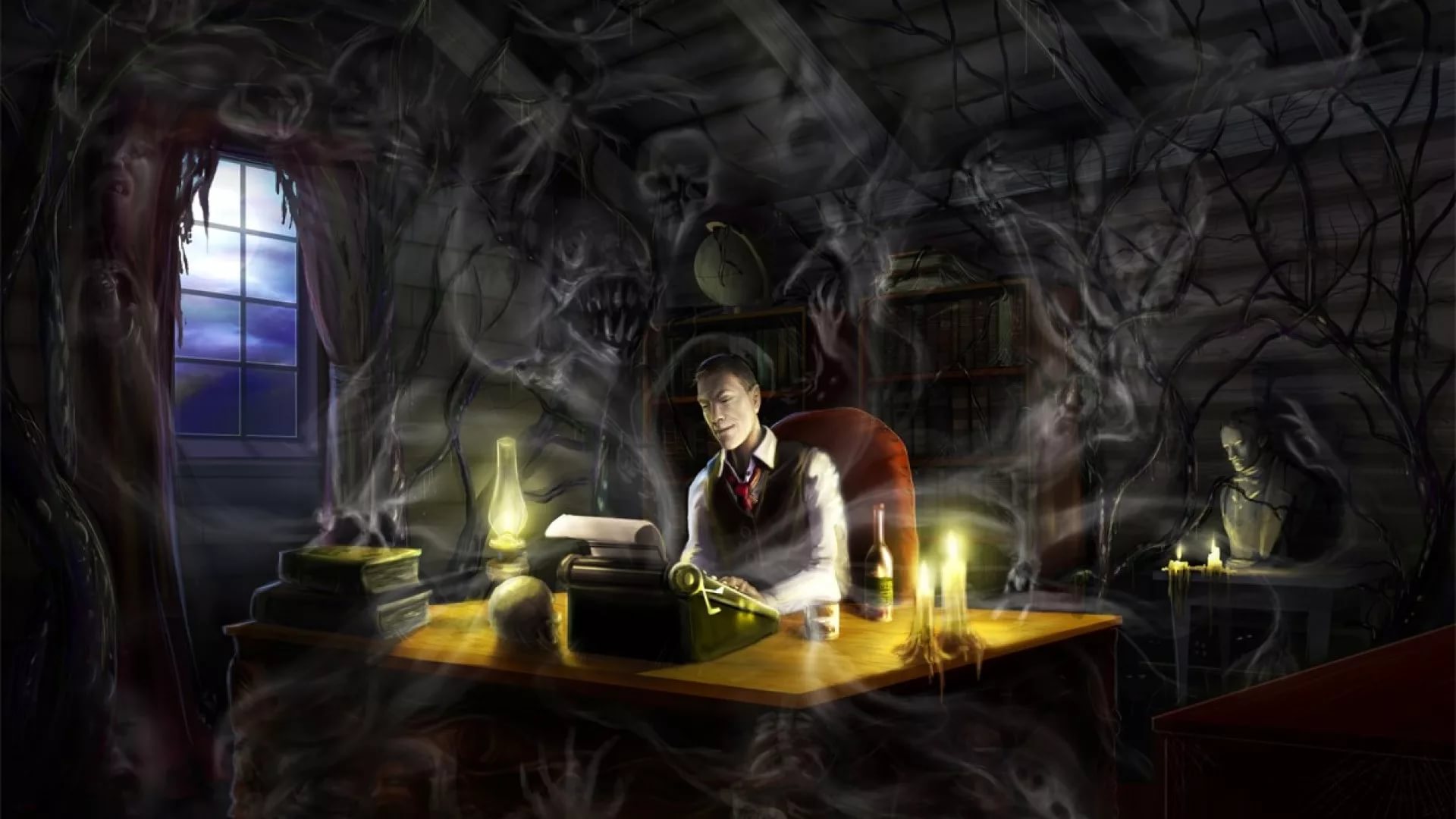

Lovecraft Gives Five Tips for Writing a Horror Story, or Any Piece of “Weird Fiction” Lovecraft’s Monster Drawings: Cthulhu & Other Creatures from the “Boundless and Hideous Unknown” Lovecraft’s Stories On His Birthday: “The Call of Cthulhu,” “The Dunwich Horror,” & More Lovecraft Stories: Hear Readings & Dramatizations of “The Call of Cthulhu,” “The Shadow Over Innsmouth,” & Other Weird Tales Lovecraft’s Classic Horror Stories Free Online: Download Audio Books, eBooks & MoreĢ3 Hours of H.P.

This playlist of Lovecraft stories will be added to our collection, 1,000 Free Audio Books: Download Great Books for Free. One is drawn into Lovecraft by the very air of plausibility and characteristic understatement of the prose, the question being When will weirdness strike?” An ideal question to ask while floating along the black sea of Halloween night. Joyce Carol Oates once wrote that Lovecraft’s stories, seldom sensational, “develop by way of incremental detail, beginning with quite plausible situations - an expedition to Antarctica, a trip to an ancient seaside town, an investigation of an abandoned eighteenth-century house in Providence, Rhode Island, that still stood in Lovecraft’s time.


The word they need is “weird,” not in the modern sense of “somewhat unusual,” but in the early 20th-century sense - the sense of Weird Tales, the pulp magazine that published Lovecraft - of a heady blend of the supernatural, the mythical, the scientific, and the mundane. (If you don’t have Spotify’s free software, you can download it here.) Lovecraft audiobooks, featuring readings of not just “The Call of Cthulhu” but The Shadow over Innsmouth, “The Dunwich Horror,” “The Thing on the Doorstep,” and other stories besides. Indeed, what better writer to hear on Halloween night? Once it gets dark, consider firing up this fourteen-hour Spotify playlist of H.P. What better writer to read on Halloween night, when - amid all the partying and the candy - we all permit ourselves a glimpse into the abyss? We live on a placid island of ignorance in the midst of black seas of infinity, and it was not meant that we should voyage far.” So writes the narrator of “The Call of Cthulhu,” the best-known story by Howard Phillips Lovecraft, who, before he burnt out and died young, spent his whole literary career looking into that infinity and reporting on the psychological effects of what he sensed lurking there. “The most merciful thing in the world, I think, is the inability of the human mind to correlate all its contents. Image by Dominique Signoret, via Wikimedia Commons


 0 kommentar(er)
0 kommentar(er)
